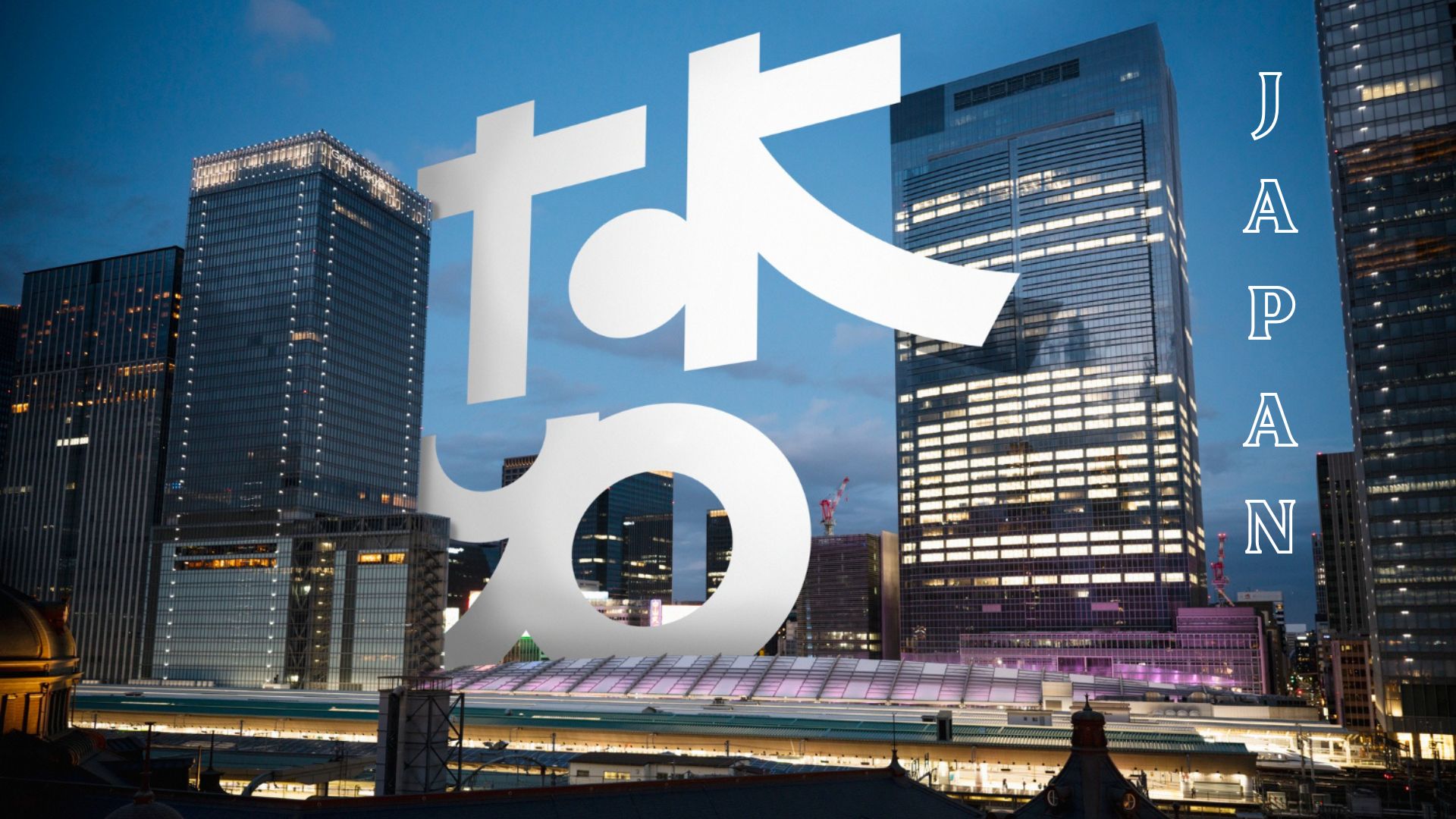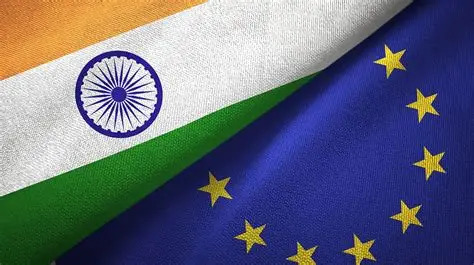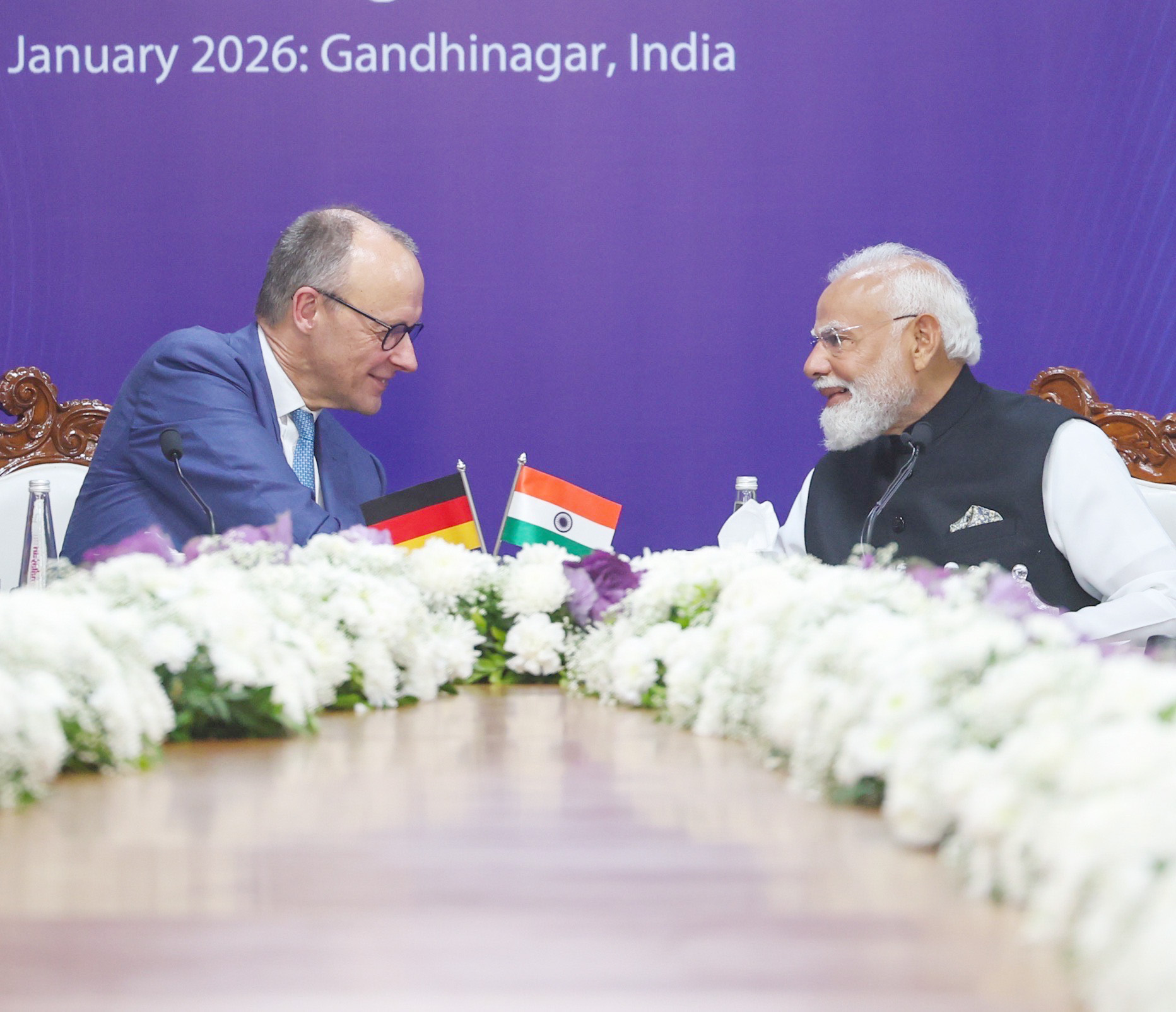Health, Clean Energy and Smart Manufacturing: The New India–Sweden Trade Playbook

As global supply chains recalibrate in response to climate imperatives, technological shifts, and geopolitical frictions, India and Sweden are quietly crafting a trade and investment corridor with transformative potential. Swedish small and medium enterprises, globally admired for their expertise in precision engineering, clean technology and life sciences are seeking to scale operations in India, encouraged by a robust domestic market, improved policy predictability and the prospect of the India–EU Free Trade Agreement (FTA).
For India, this engagement represents more than capital inflows; it is an opportunity to import high-value technologies, develop green manufacturing ecosystems, and deepen its foothold in premium segments of global value chains. The relationship can also energise new financing models and supply-chain efficiencies, benefitting banks, corporates and entrepreneurs alike.
Synergies Across Emerging Sectors
The India–Sweden corridor is defined by complementary strengths. India offers scale, production capacity and a young workforce, while Sweden brings advanced research, ESG-driven governance, and proven models of industrial innovation. Together, they can co-create solutions with cross-sectoral relevance:
- Clean Energy and Climate Technology: Sweden’s experience in biofuels, energy storage, and circular-economy solutions aligns with India’s renewable energy ambitions. Financing green hydrogen clusters, EV-battery recycling plants, or waste-to-energy facilities can open new portfolios for banks, development financiers and private equity funds, while creating resilient supply chains for manufacturing.
- Advanced Manufacturing and Mobility: Swedish know-how in automation, robotics and EV components complements India’s PLI-backed manufacturing incentives. Industrial parks in Tamil Nadu, Maharashtra and Gujarat can host joint ventures that raise productivity while meeting stringent European ESG norms, improving the export-readiness of Indian suppliers.
- Healthtech and Life Sciences: Swedish medtech innovators exploring partnerships with Indian hospitals and research centres can accelerate diagnostics, vaccine development and telemedicine platforms. Insurers and health-finance providers gain opportunities to create bespoke products for this expanding ecosystem.
- Digital Infrastructure and Cybersecurity: Swedish software expertise combined with India’s IT talent pool offers a pathway to robust supply-chain monitoring tools, AI-driven manufacturing analytics and enterprise-grade cybersecurity solutions increasingly sought by corporates navigating digital risks.
Policy and Institutional Enablers
Momentum in the corridor depends on an enabling policy landscape. The near-completion of the India–EU FTA could eliminate tariff barriers on machinery, automotive parts, and pharmaceuticals while aligning sustainability standards. Swedish advocacy for climate-neutral trade dovetails with India’s decarbonisation roadmap and Net Zero 2070 pledge.
Domestic reforms are equally pivotal. The rationalisation of GST into three slabs (5%, 18%, 40%) simplifies compliance and lowers costs in sectors ranging from construction to textiles. Coupled with targeted incentives under the Production Linked Incentive (PLI) schemes, these measures support the cost competitiveness needed to host high-tech Swedish enterprises.
Infrastructure upgrades from the Dedicated Freight Corridors to modernised ports reduce logistics costs, while policies like the National Logistics Policy aim to bring them closer to single-digit GDP share. For investors, streamlined customs processes and digital documentation enhance the ease of doing business and shorten delivery cycles.
Financing and Innovation Ecosystems
Beyond trade flows, the corridor is also a platform for sophisticated financing and innovation partnerships. Banks and non-banking finance companies are exploring supply-chain financing models for Indo-Swedish manufacturing tie-ups. Green bonds and blended-finance instruments can channel capital into renewable-energy clusters, energy-efficient data centres, or sustainable packaging ventures serving both domestic and export markets.
On the innovation front, co-funded incubators and centres of excellence in robotics, industrial design, and sustainable materials can bring together Swedish universities, Indian start-ups, and corporates. Workforce development aligned with Industry 4.0 from precision machining to cybersecurity ensures that labour markets keep pace with emerging technologies, while reducing the skill gap for MSMEs integrating into new value chains.
A Corridor with Long-Term Strategic Depth
The India–Sweden partnership is not just transactional; it is a bridge between Europe’s innovation ethos and India’s scale-driven growth. The bilateral agenda extends to cooperation on environmental standards, intellectual-property protection, and ethical AI frameworks, all essential to building trustworthy, future-proof supply chains.
As supply-chain financing evolves and sustainability-linked lending gains momentum, the corridor provides fertile ground for BFSI stakeholders to design risk-sharing platforms and ESG credit lines. Corporates stand to leverage Swedish expertise in lifecycle design and digital twin technologies to de-risk production, while MSMEs can climb technology ladders through vendor-development programmes tied to Swedish anchor firms.
The convergence of tax clarity, manufacturing incentives and sustainable trade policies is laying the groundwork for a new phase of industrial diplomacy. Bilateral trade, now around $3.5 billion, could easily double in five years if policy coherence is matched by targeted capital flows and knowledge transfer.
Outlook
The India–Sweden trade corridor is emerging as a resilient bridge in an unpredictable world economy. By embedding innovation, sustainability and capital efficiency into its architecture, it offers a blueprint for how cross-border partnerships can create durable prosperity.
From high-tech machinery to green logistics and advanced healthcare, the sectors unlocked by this partnership touch every layer of the economic pyramid from large corporates to small suppliers, from banks seeking ESG-aligned growth to entrepreneurs aiming for export-ready solutions.
If nurtured through steady reforms, infrastructure upgrades, and patient diplomacy, the corridor can anchor India’s climb up global value chains while helping Sweden expand its innovation footprint in one of the world’s most dynamic markets. In an era where trade strategy and climate responsibility increasingly intersect, this bilateral bridge shows how purposeful collaboration can balance growth, resilience and sustainability.











